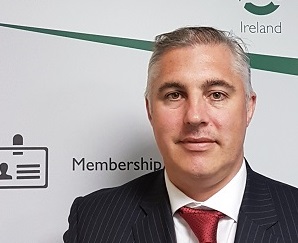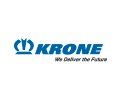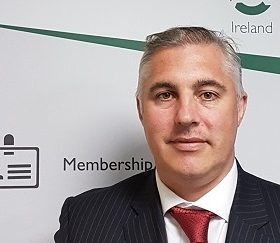FTA Ireland is supporting the Enviroment and driving change through its Truck Safe and VanSafe programmes.
 From its establishment,members have demanded that FTA Ireland develop and implement an industry wide standard that facilitates a path to continuous operational compliance but also provides recognition for commercial fleet operators in the ‘Own Account and ‘Haulage’ sector that meet their minimum legal operational obligations and from that endeavour to achieve sustainable operations through efficient fuel management and continuous professional development.
From its establishment,members have demanded that FTA Ireland develop and implement an industry wide standard that facilitates a path to continuous operational compliance but also provides recognition for commercial fleet operators in the ‘Own Account and ‘Haulage’ sector that meet their minimum legal operational obligations and from that endeavour to achieve sustainable operations through efficient fuel management and continuous professional development.
Sustainability means different things in different contexts. Sustainable operations for example means ‘for the longevity of the business’. This requires taking a long-term strategic look at the business and developing plans and implementing them in a meaningful way to achieve sustainable operations.
Sustainability then is linked with profitability of the business, after all if the business cannot make money it will not be sustainable. Sustainability can also mean environmental protection.
Aidan Flynn, General Manager of FTAI, commented: “FTA Ireland has been doing a lot of work in the space of environmental management within commercial fleet operators over the last 10 years. The FTA Ireland TruckSafe and VanSafe audits operational compliance in the areas of road safety, haulage operations, roadworthiness, working time and environmental efficiencies.”
He added: “Focusing on the sustainable and pro-active management systems in place has the added benefit for members of helping them reduce their carbon emissions, reduce costs associated with fuel purchasing and aid their transition to alternative fuelling technologies whilst staying safe on the road. Members are required to submit a 3-year fuel efficiency and management plan as part of the annual audit. Litres used, and Kilometres driven are collected from members to the scheme each quarter. FTA Ireland members have saved over 2.5million litres of diesel fuel. This is the equivalent of over 7million Kg of CO2e.”
The cost of fuel must be understood by operators and how its cost impact on their margins. Creating a focus on fuel management (litres used and KM driven) per vehicle is an important basis for aiding decisions on the vehicle procurement options available to them that will deliver the best savings for the business and ultimately have the greatest impact in reducing their carbon emissions. Comparing the difference between older vehicles and newer ones is vital in determining when to purchase and the type of vehicle to purchase. Newer vehicles such as Euro VI are more efficient and cleaner for the environment. There are also options for CNG and LNG that can work, however the infrastructure needs to be established that can support these technologies. The EU commission is completing its agenda for a low-emission mobility system by putting forward the first ever CO2 emissions standards for heavy-duty vehicles. In 2025, average CO2 emissions from new trucks will have to be 15% lower than in 2019. For 2030, an indicative reduction target of at least 30% compared to 2019 is proposed.
The freight distribution sector is a complex one. City deliveries will require different solutions to those that are exporting goods by road to continental Europe. Technology is advancing at such a pace however there is no one defined alternative fuelling solution available that is supported by both availability of the fuel and the infrastructure that can support its adoption by industry. What is critical though is that industry is supported in the first instance to understand the options open to them, time is given for adoption and that this time is not used to penalise them for using the only fuel available to them namely diesel.


.gif?rand=4047)










